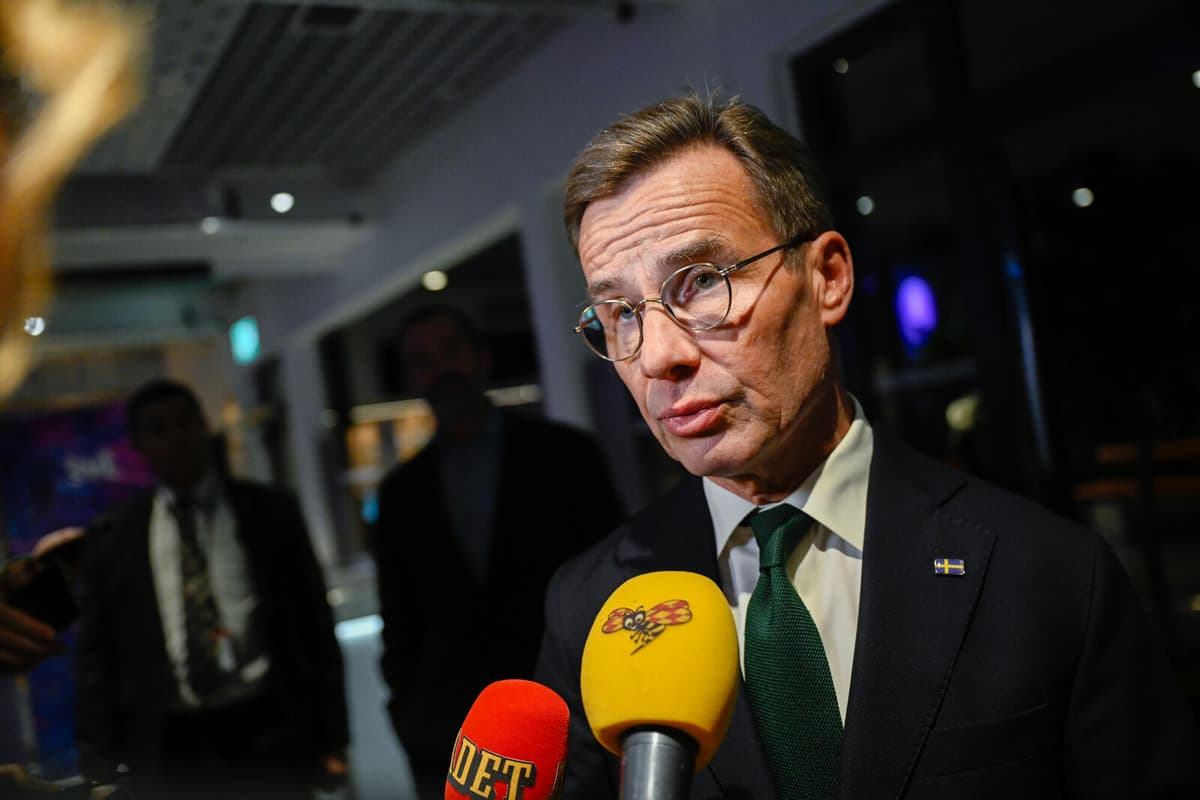The Moderate Party has published its post-election analysis following the EU election in June. It states that M succeeded in mobilizing its own voters, which led to the party increasing slightly from the 2019 election and landing on 17.5 percent.
However, M has a harder time attracting women and voters in metropolitan areas. To win their trust, a "long-term cultural transformation effort" is required, writes Jessica Rosencrantz, chair of the analysis group and EU minister, on Aftonbladet's debate page.
According to M, these voters may agree with the party's policies, but their perception of the party is a problem.
"The tone of the message is an area where The Moderate Party has already begun to change its communication to show heart, brain, and backbone," it states in the post-election analysis.
Climate and environment are also identified as two important issues in the EU election.
"The Moderate Party needs to be associated with more climate and environmental measures than nuclear power in the next European election."
The party has also made brief reviews of the other parties' election results and writes, among other things, that SD leader Jimmie Åkesson's counterattack against the media may have scared off SD voters, that The Liberals had difficulty reaching out with their top candidates, and notes that the Christian Democrats, who landed on 5.7 percent, managed to hold on against the odds.
"That they only lost one mandate should, in this context, be seen as an election victory."






